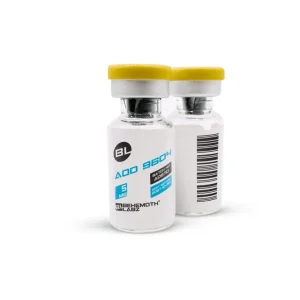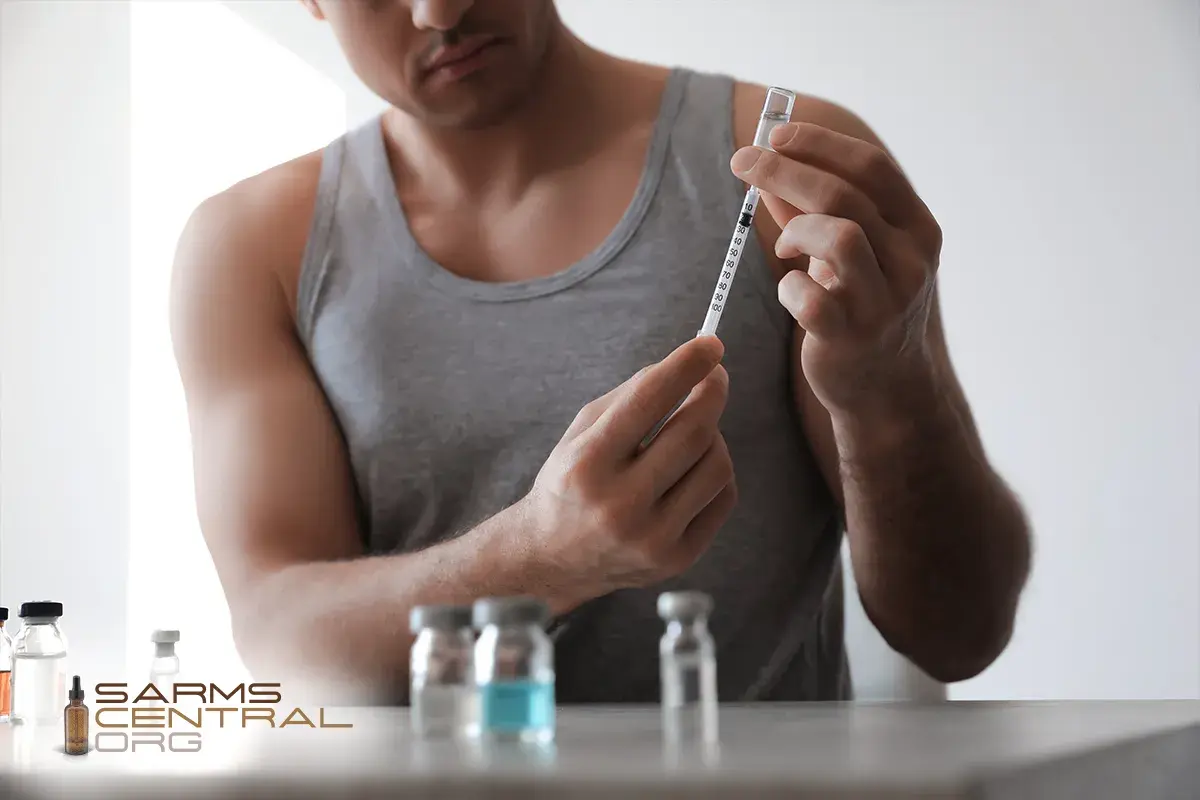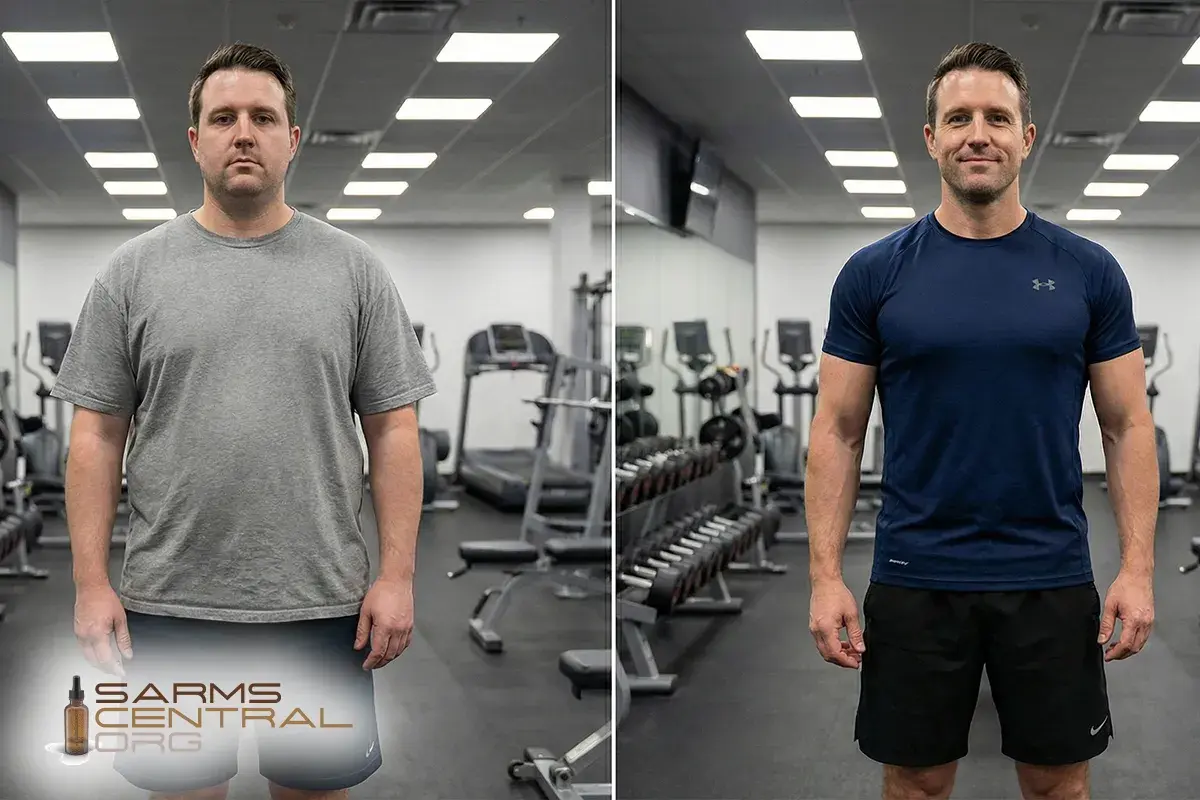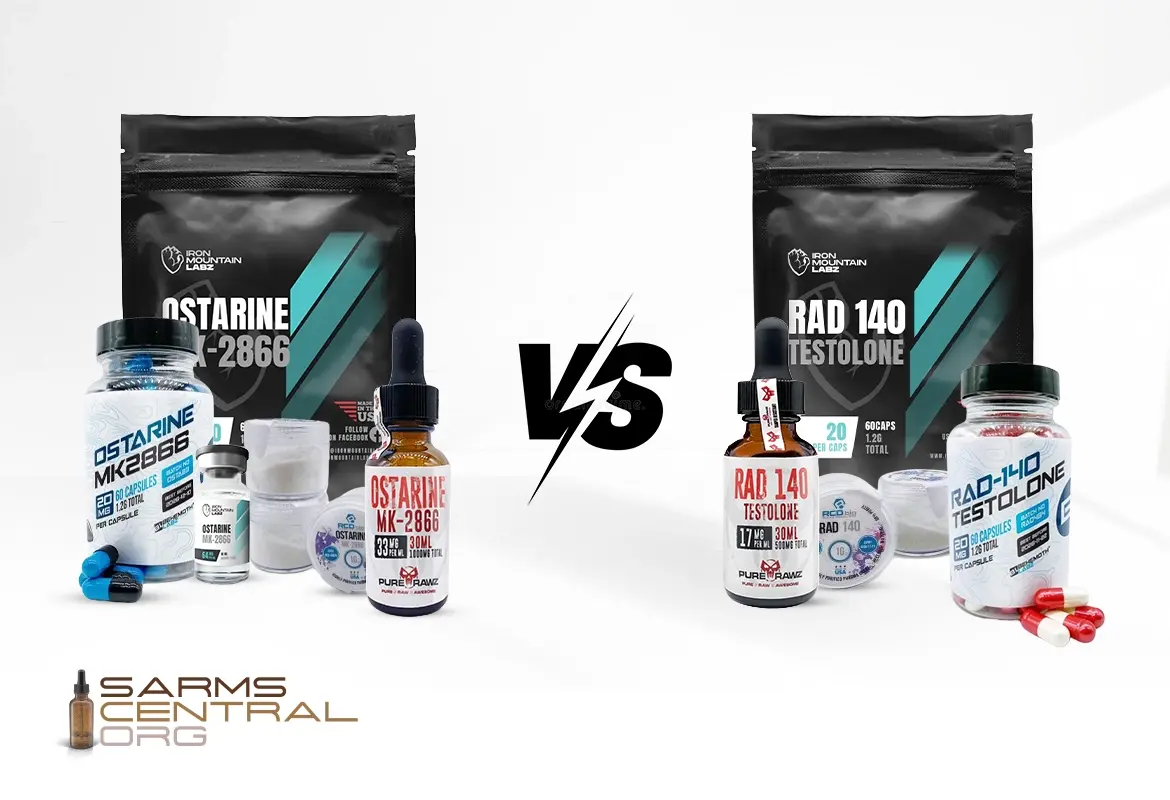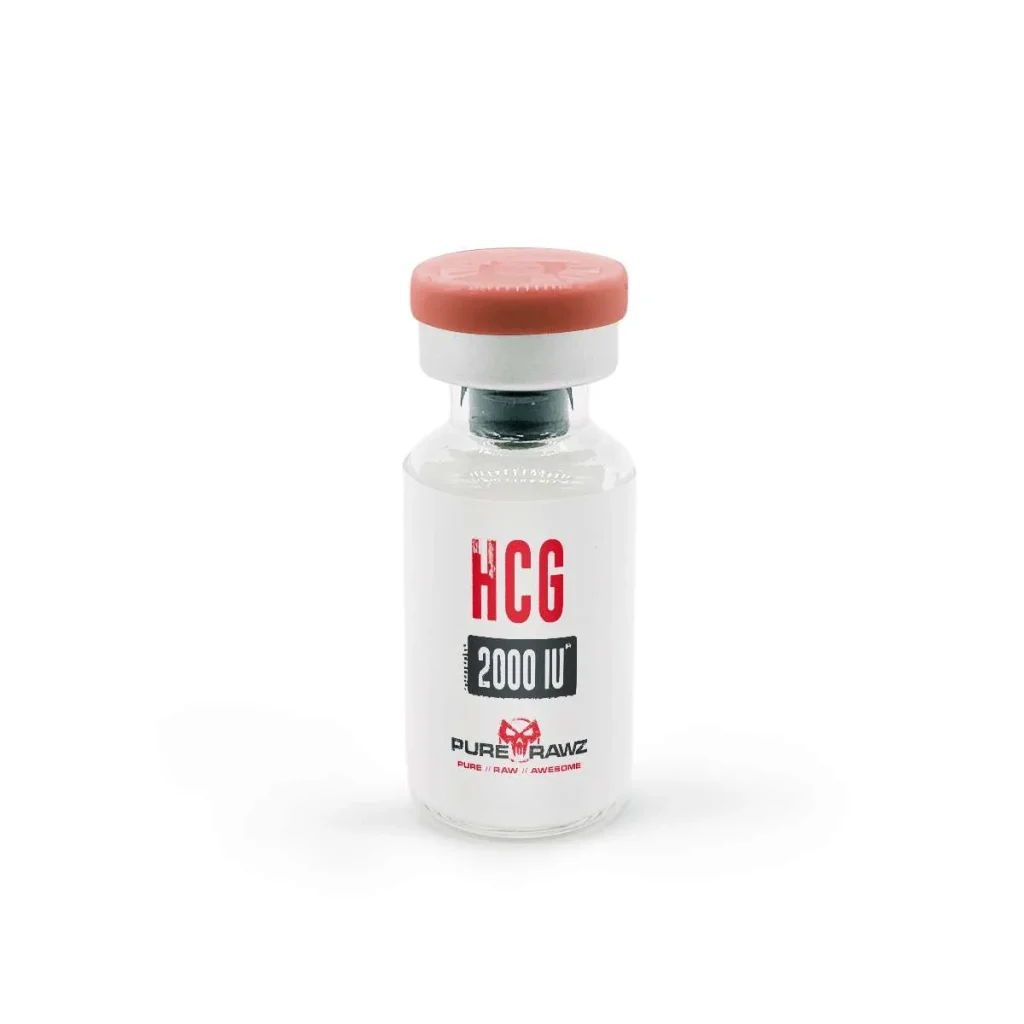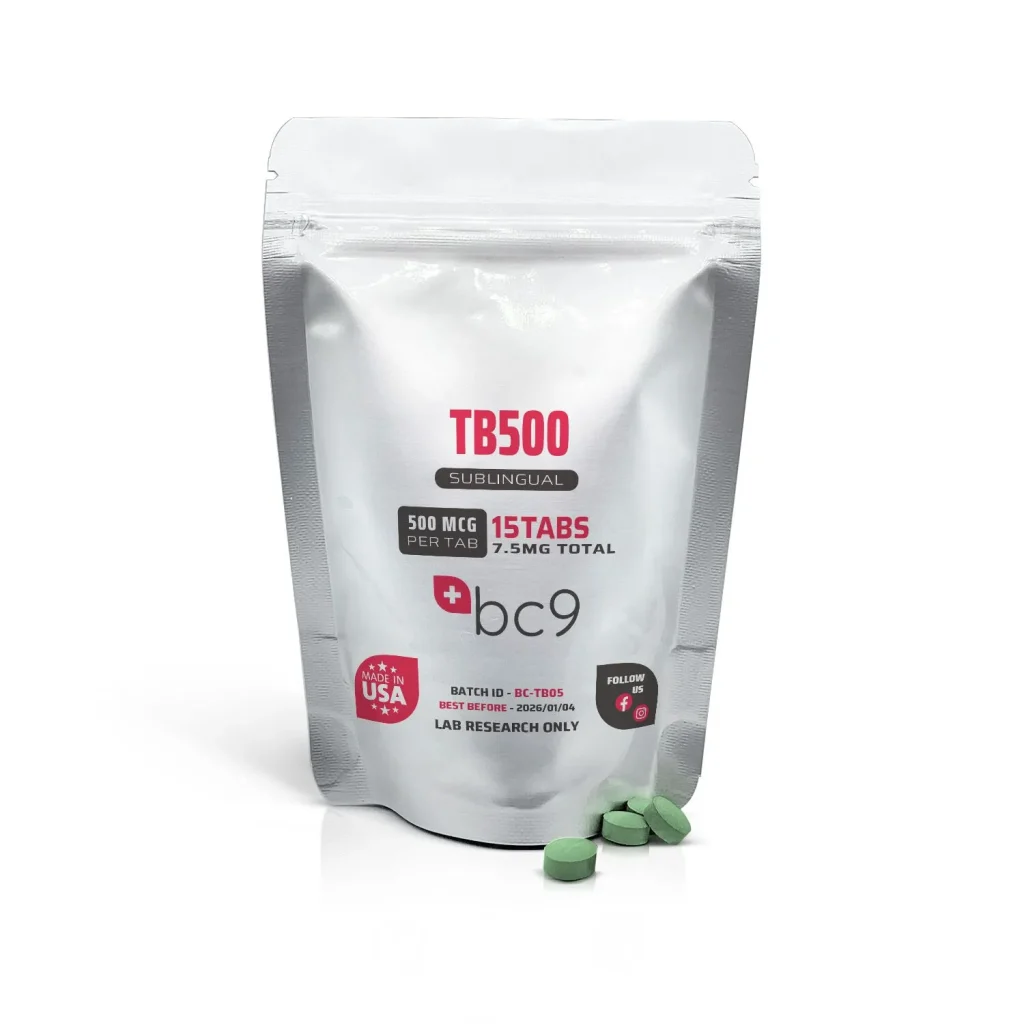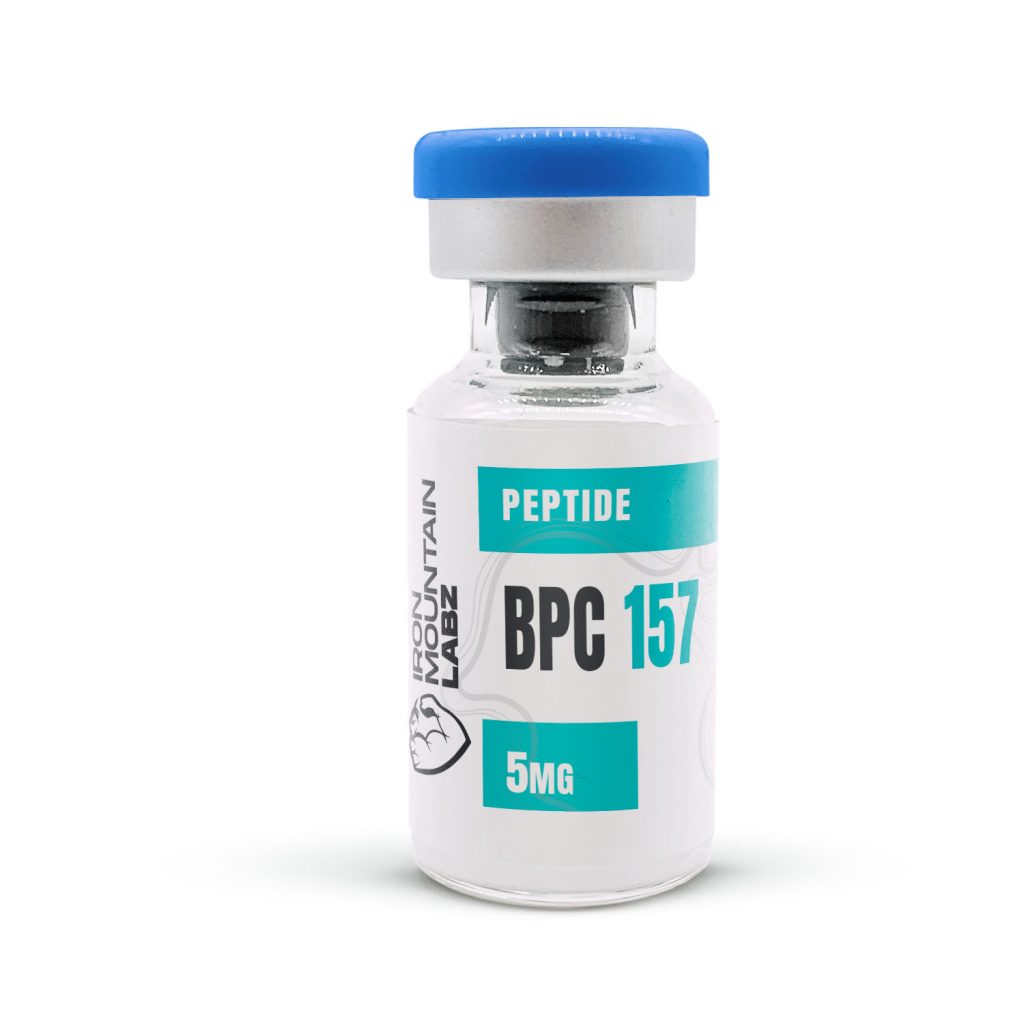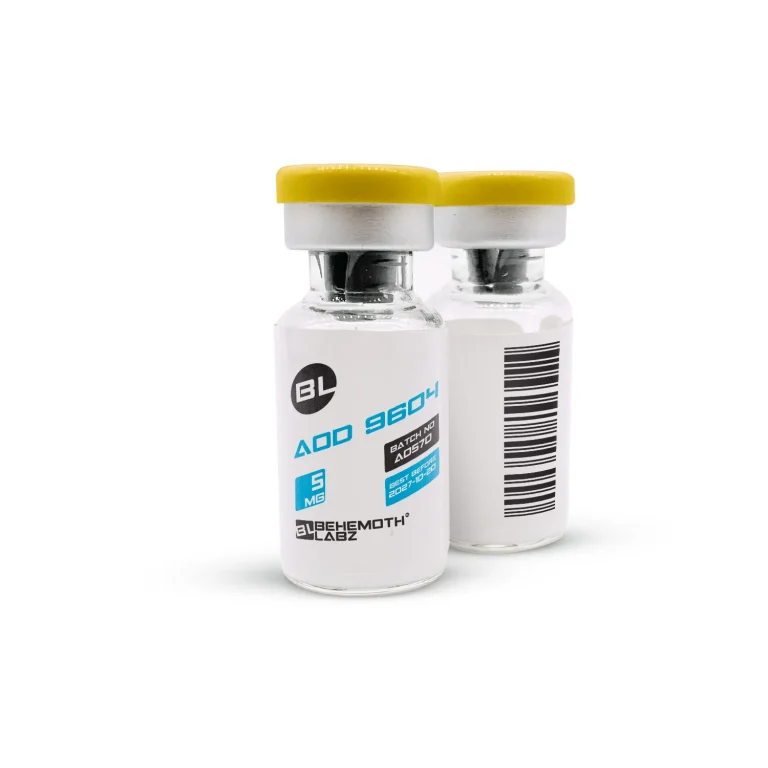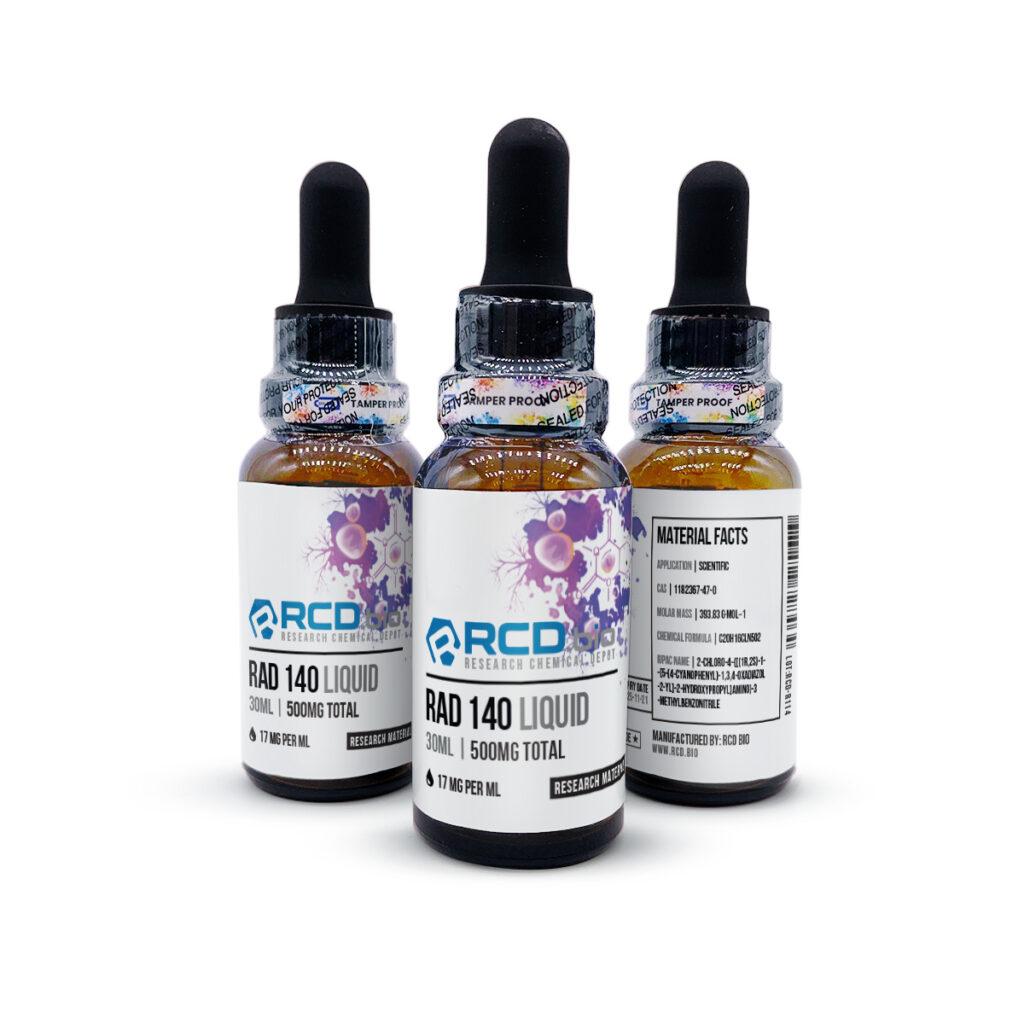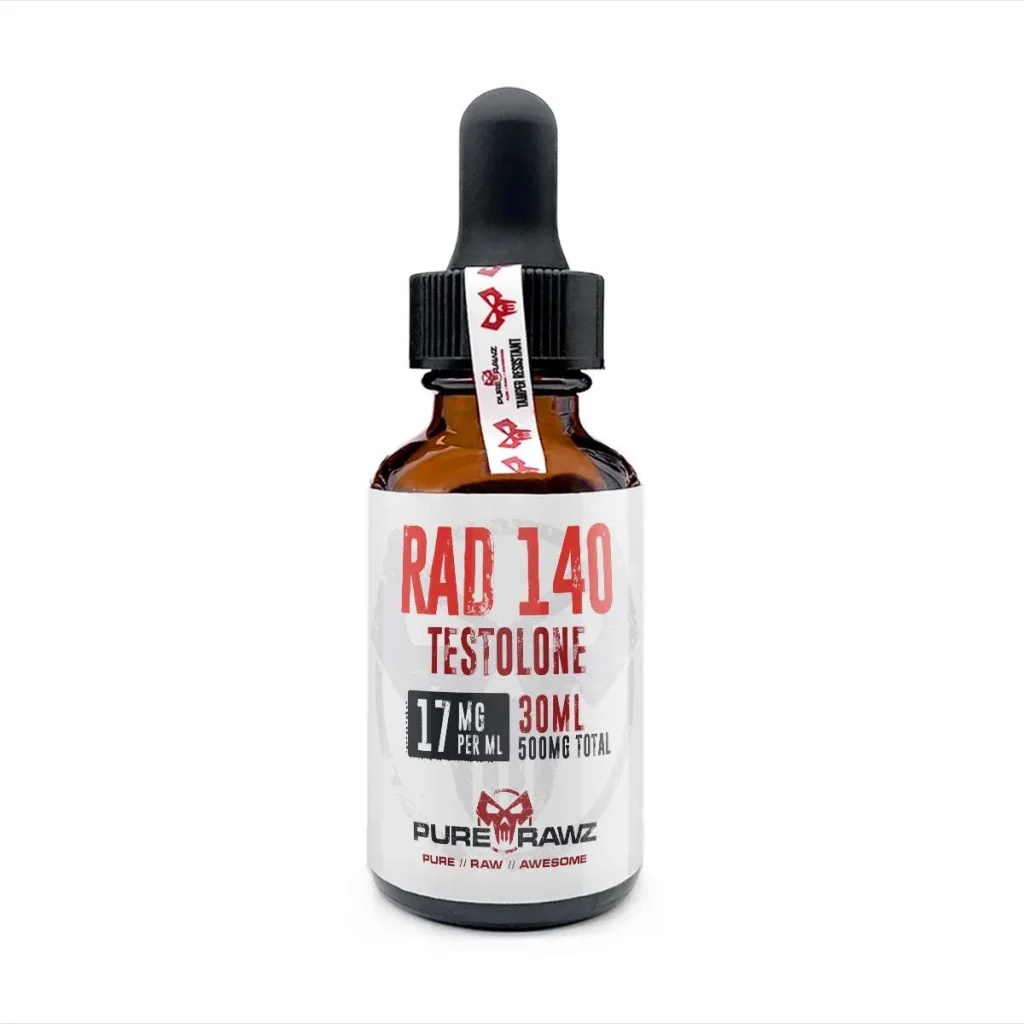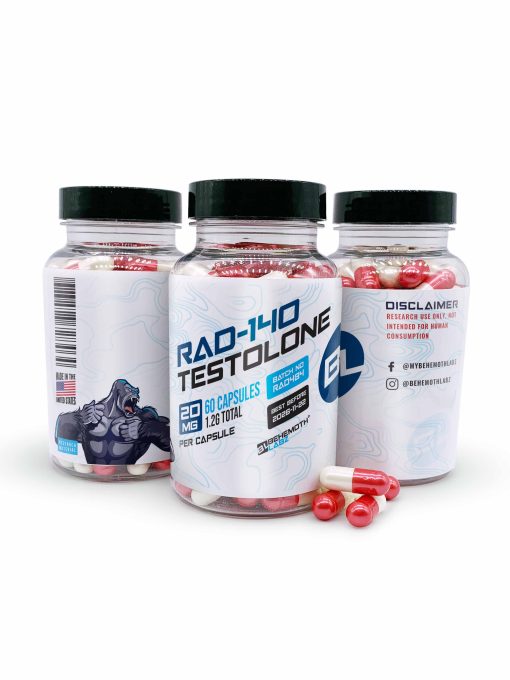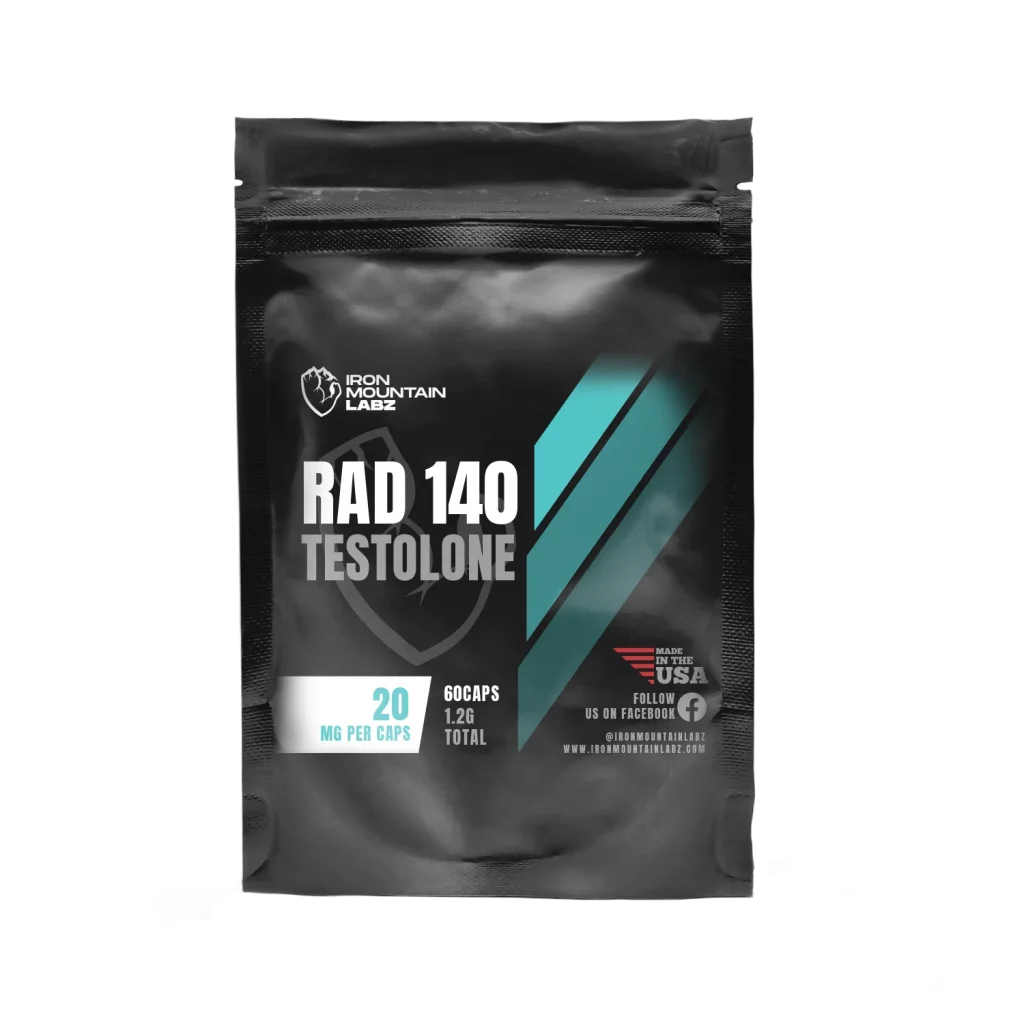Peptides are small but mighty molecules that play a major role in how our bodies function. Though they may be tiny. They’re made up of just a few amino acids. They help with processes like muscle growth, skin repair, brain signaling, and disease prevention. Today, our goal is to learn what peptides are, where they come from, and how different types of peptides are used.
What are Peptides?
Peptides are short chains of amino acids. It is the same basic components that make up proteins. Proteins, on the other hand, are long and complex, but peptides are smaller and more specific in function. They function as chemical messengers in the body, allowing cells to communicate and respond to changes. Because of their size and flexibility, they are widely used in scientific research, beauty products, and therapeutic therapies.
Natural vs. Synthetic Peptides
Peptides can be made in a laboratory or produced naturally by the body. Natural peptides include biologically active peptides such as insulin and endorphins. They control blood sugar and mood, respectively.
Synthetic peptides are lab-made and are frequently intended to mimic or at least improve the effects of natural peptides. Many are studied for recovery, such as BPC-157 and TB-500, while others are explored in skin care research.
| Type of Peptide | Source | Example | Use |
| Natural | Created by the body | Insulin | Blood sugar regulation |
| Synthetic | Lab-manufactured | BPC-157 | Studied for muscle and tissue healing |
Role of Peptides in the Human Body
Peptides are necessary for many biological processes. They control how cells divide, interact, and respond to threats. Some peptides promote muscular growth. Others increase skin collagen, strengthen the immune system, or alter brain activity. Because they are so effective at targeting specific systems, researchers are researching their potential for treating many kinds of health conditions.
Types of Peptides
There are many types of peptides, each of which has a unique function. These types are mostly studied in health, fitness, and medical research.
Bioactive Peptides
Bioactive peptides regulate different parts of the body and are often used in supplements for nutrition and cosmetic formulations.
- ➢ Skin-Rejuvenating Bioactive Peptide: These type of peptides stimulate the production of collagen and elastin, helping the skin stay firm, hydrated, and youthful. These skincare peptides are commonly found in anti-aging products. Examples are Matrixyl and Copper peptides (GHK-Cu).
- ➢ Muscle-Enhancing Bioactive Peptide: These peptides help support muscle recovery and growth. They are often studied for use in sports science and rehabilitation. Examples are: Creatine peptides, AOD-9604, and Tesamorelin, some of the most studied in bodybuilding peptides.
Antimicrobial Peptides (AMPs)
Antimicrobial peptides act as the body’s natural defense against harmful microorganisms like bacteria, fungi, and viruses. They break down the membranes of these invaders, making them a key part of the immune response.
AMPs also help to heal wounds and protect the skin. They are now being researched as antibiotic substitutes and used for high-end skincare products. Some of the AMPs are LL-37 and Thymosin Alpha-1 (Tα1).
Cardiovascular Peptides
Cardiovascular peptides help regulate the heart and blood vessels. Some of them relax blood vessels to lower blood pressure. It also improves circulation and supports overall heart function. These peptides are useful in managing conditions like heart disease and hypertension. Angiotensin-(1-7) and Liraglutide help the cardiovascular system of the body.
Hormonal Peptides
Hormonal peptides function as messengers that regulate vital systems in the body.
- ➢ Insulin: It is a well-known peptide hormone. This helps control blood sugar by allowing cells to absorb glucose. Insulin is essential for people with diabetes.
- ➢ Human Growth Hormone (HGH): This is a natural peptide that supports growth, cell regeneration, and tissue repair. It is released during sleep and intense exercise. It is sometimes used in medical treatment for growth disorders or injury recovery.
Some popular hormonal peptides are Ipamorelin, CJC-1295 + DAC, and MK-677 (Ibutamoren) – a GH mimetic often discussed in HGH peptide guides.
Note: MK-677 is not a peptide, but a non-peptide secretagogue that mimics GH-releasing hormones.
Neurotransmitter Peptides
These peptides affect brain chemistry and nerve signaling. They affect emotions, sleep, learning, and memory. Some are being researched for the treatment of neurological disorders like Alzheimer’s, Parkinson’s, and depression because of their impact on the brain. These include well-known brands like Selank, Semax, and DSIP.
Peptides for Health and Wellness
Many peptides are studied for their benefits in health and wellness. They support physical recovery, promote skin health, and help regulate metabolism and the immune system.
| Purpose | Example Peptides | Main Benefits |
| Muscle Recovery | BPC-157, TB-500, IGF-1 LR3 | Speeds up healing and reduces inflammation |
| Skin Health | Matrixyl, GHK-Cu, Argireline | Improves skin firmness and reduces wrinkles |
| Immune Support | Thymosin Alpha-1, LL-37, Epithalon | Strengthens immune response |
| Metabolism and Weight | AOD-9604, Tesamorelin, Liraglutide, Semaglutide | For fat burning and appetite control |
Peptides in Medicine
Peptides are now being used in clinical treatments because of their ability to target specific tissues with fewer side effects than traditional drugs.
Some peptides are even researched for metabolic therapies, such as Tirzepatide peptide, which is being studied for weight loss and blood sugar regulation.
Examples of Clinical Research:
- ➢ GLP-1 analogs
- ➢ Thymosin Alpha-1
- ➢ Kisspeptin
How Peptides Work in the Body
Peptides bind to the body by attaching to certain cell receptors. Once attached, they deliver a signal that causes a response, such as healing tissue or releasing hormones. This is called signal transduction. Their effectiveness is determined by bioavailability, or how well the peptide is absorbed and used by the body. Injectables have the highest bioavailability, while oral and topical forms vary depending on the peptide. Some athletes explore oral peptides as a more convenient option.
Benefits and Applications
- ➢ They have many benefits and uses, including skin health, muscle growth, and immune system function.
- ➢ They can be used to treat various health conditions like acne, wounds, and cardiovascular disease.
- ➢ They are used in cosmetics and skin care products to improve skin elasticity, reduce fine lines and wrinkles, and promote collagen production.
- ➢ Overall, they are a powerful tool for health and wellness and have many benefits and uses.
Find The Best Prices For Peptides
Safety and Efficacy of Peptides
Choose high-quality peptides, as not all are created equal. Research carefully, since low-grade compounds can lead to unexpected peptide side effects. Avoid unregulated or mislabeled compounds, especially those sold online without quality certifications. We recommend the following sites, which offer pure quality peptides (with COAs) for research purposes:
bc9.co
rcdbio.co
ironmountainlabz.com
behemothlabz.com
purerawz.co
Conclusion
Peptides may be small, but they have a big impact on our health and wellness. They regulate everything from skin renewal to muscle growth to immune protection. They regulate skin regeneration, muscle growth, and immunological defense. As science advances, peptides become more valuable in health, wellness, and even personalized treatment programs, whether it’s anti-aging peptides for longevity or metabolic therapies for fat loss. Soon you’ll see:
- ➢ Peptide-based vaccines and medicines for specific conditions
- ➢ Advanced delivery methods like microneedle patches or nasal sprays
- ➢ Personalized peptide therapies based on genetic makeup or health requirements.
Frequently Asked Questions
What are the different types of peptides?
Peptides can be bioactive, antimicrobial, hormonal, cardiovascular, or related to neurotransmission. Each type has its effect on the body.
What type of peptide is BPC 157?
BPC 157 is a synthetic peptide often studied for its ability to heal muscles, tendons, and the digestive system.
What is the most commonly used peptide?
Insulin is the most used peptide in medicine, especially for diabetics.
Are peptides safe for daily use?
Some peptides are safe with a doctor’s supervision. Others should only be used in research or treatment settings.
Which peptides are suitable for beginners?
Matrixyl (skin), BPC-157 (healing), and Thymosin Alpha-1 (immunological support) are the 3 beginner peptides to try.

